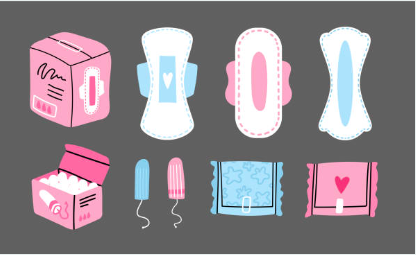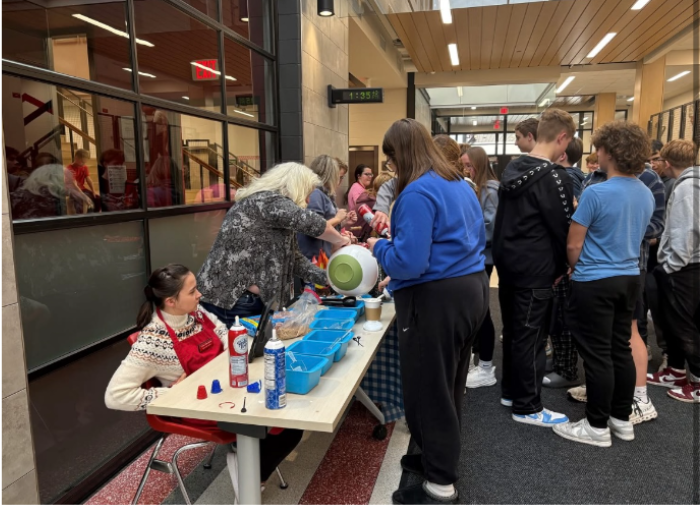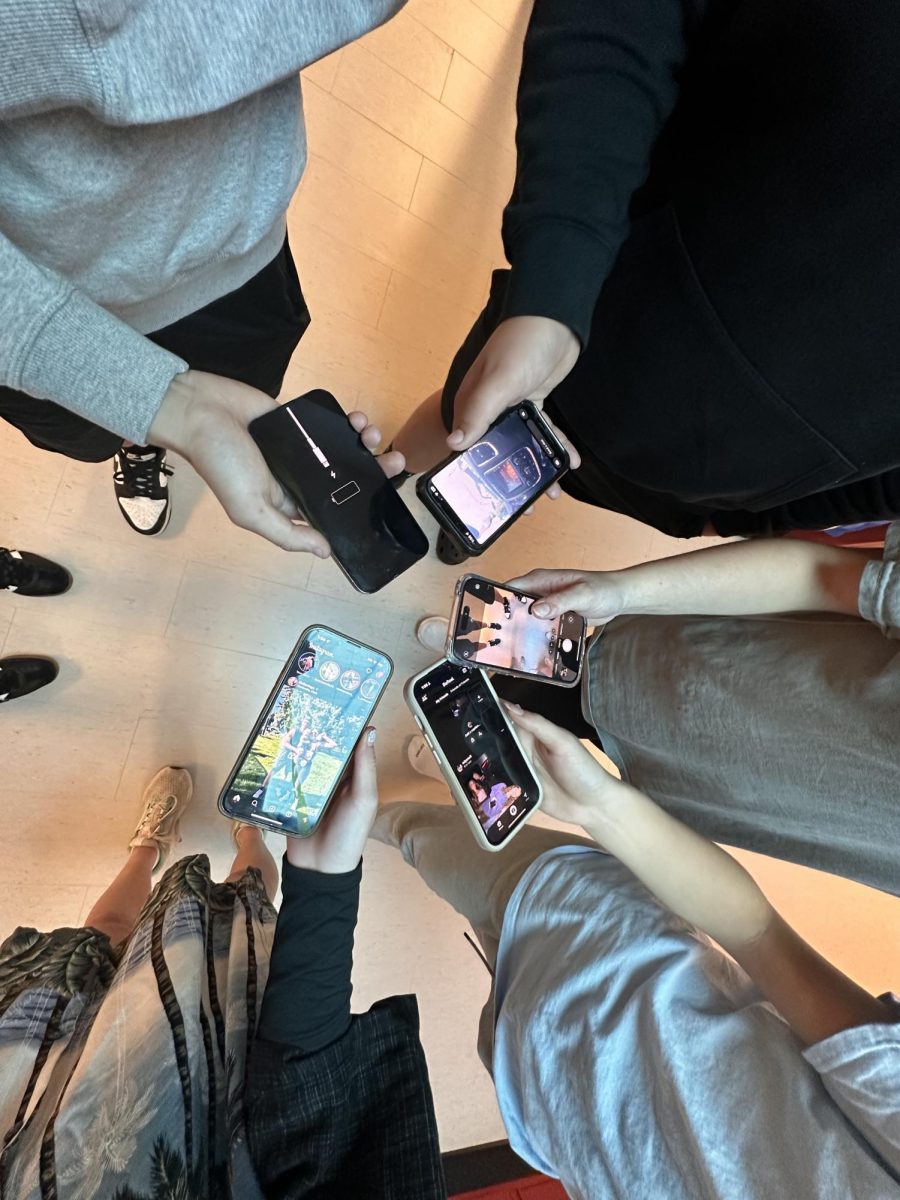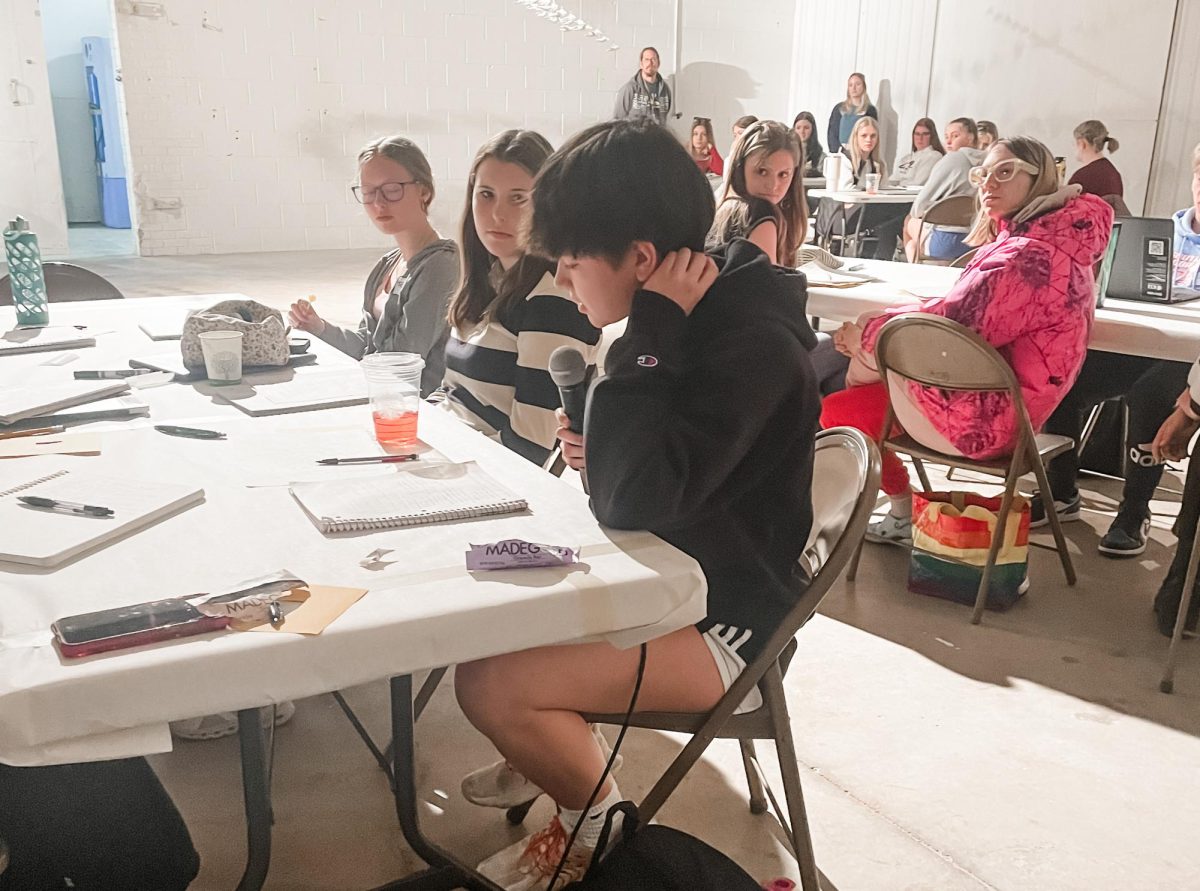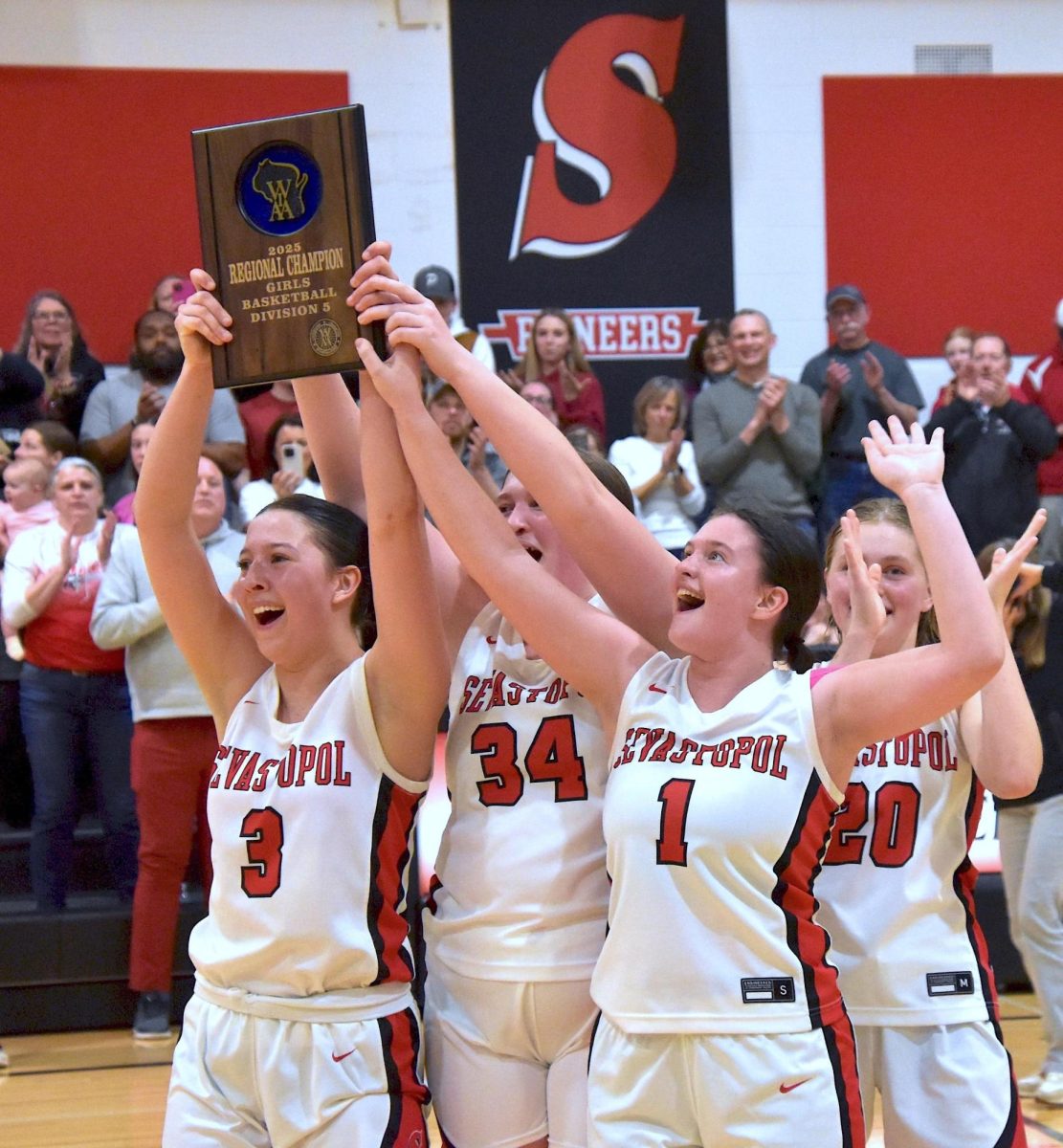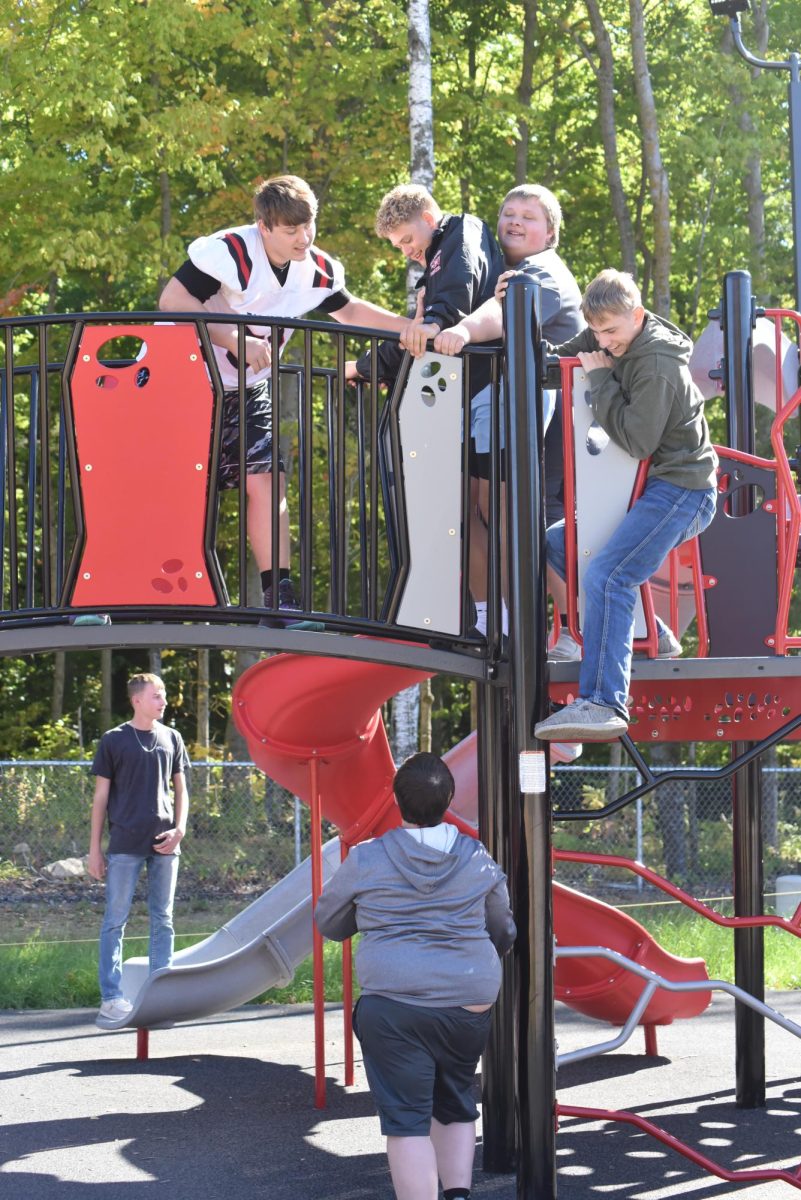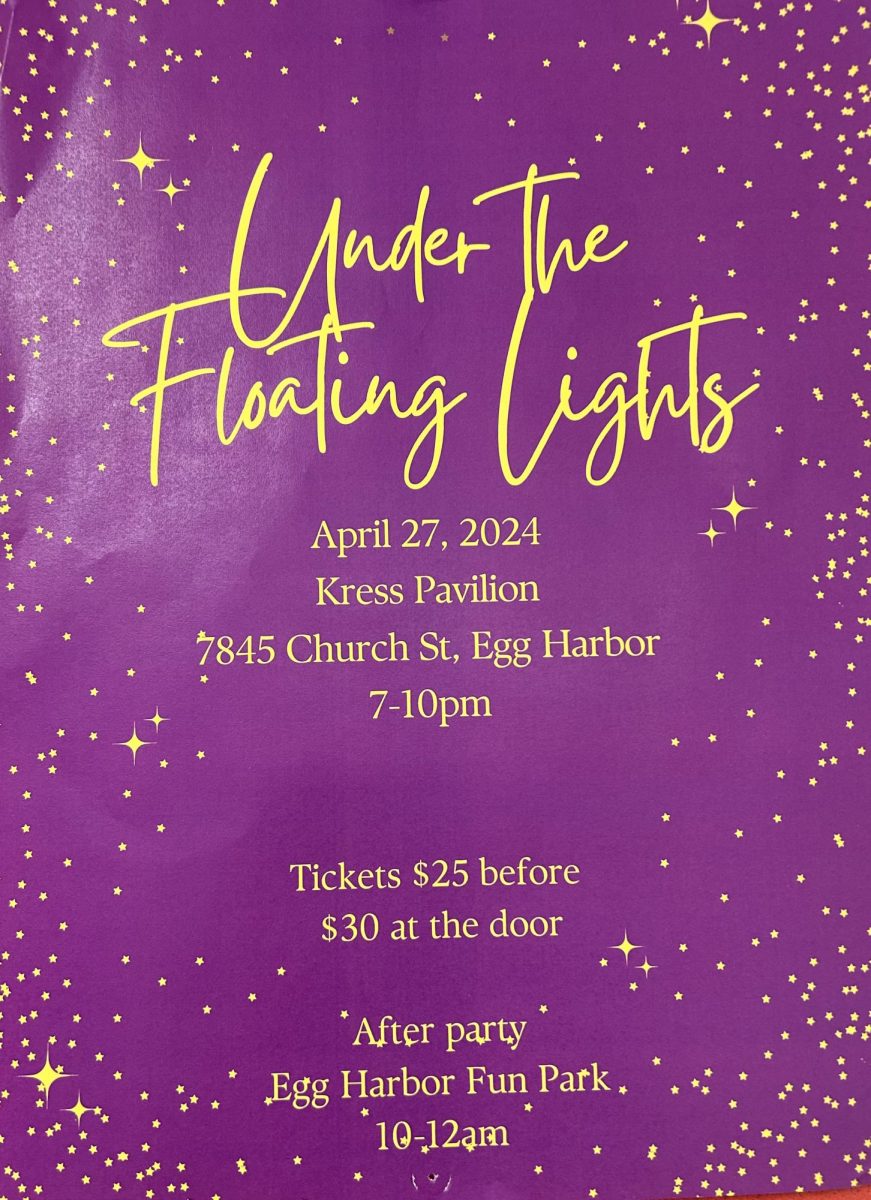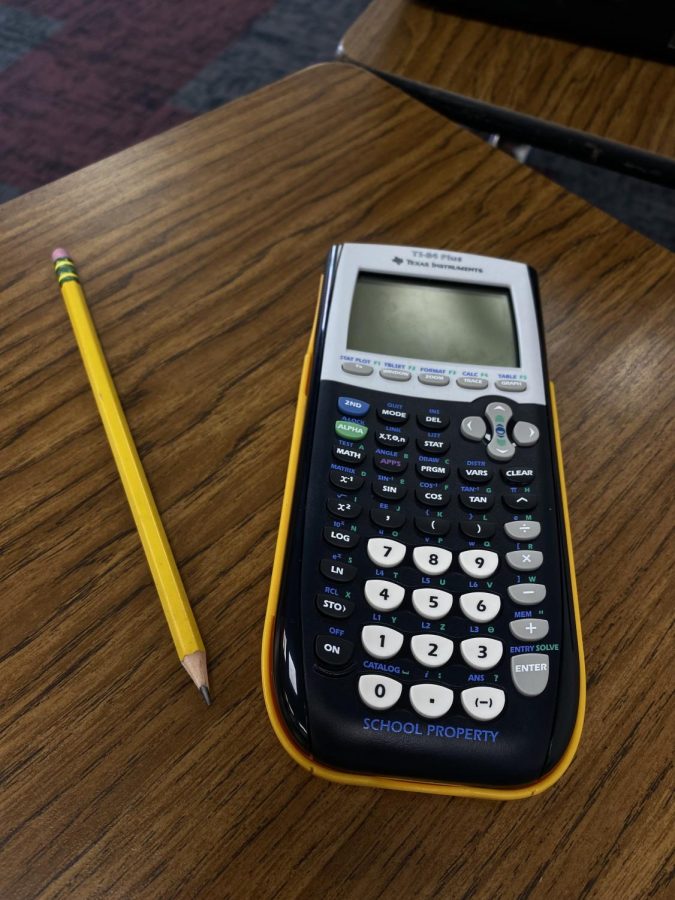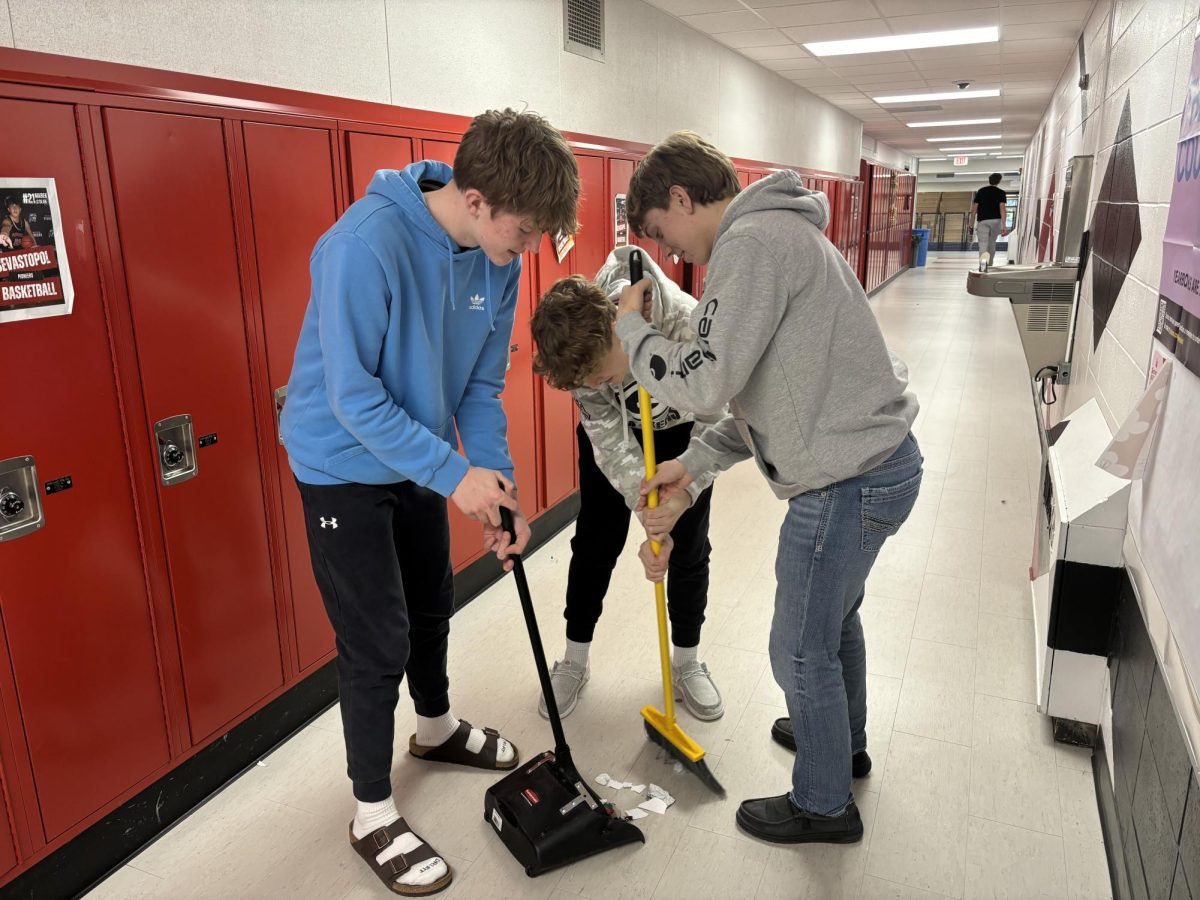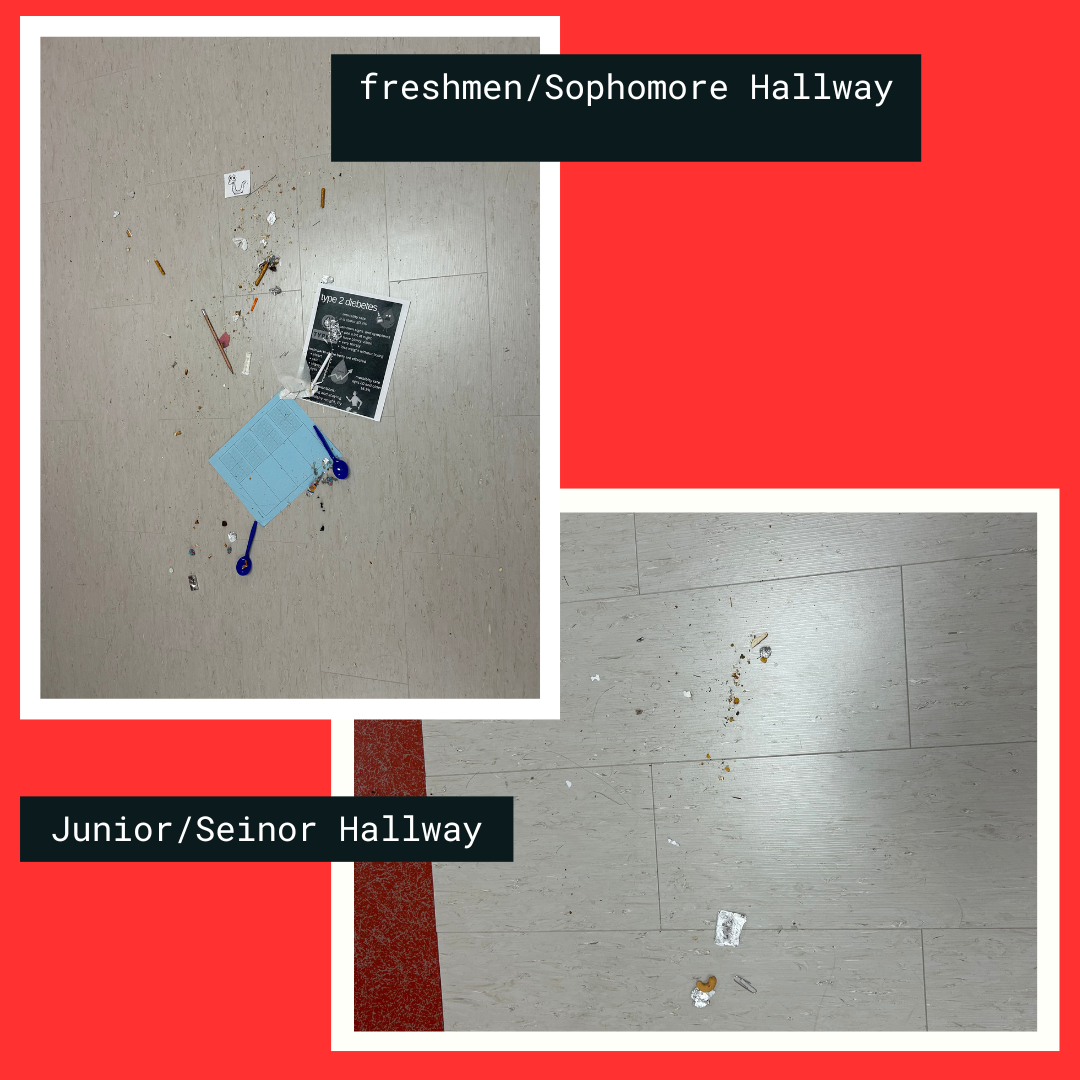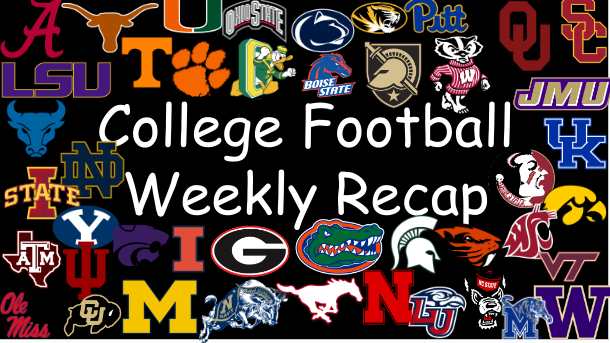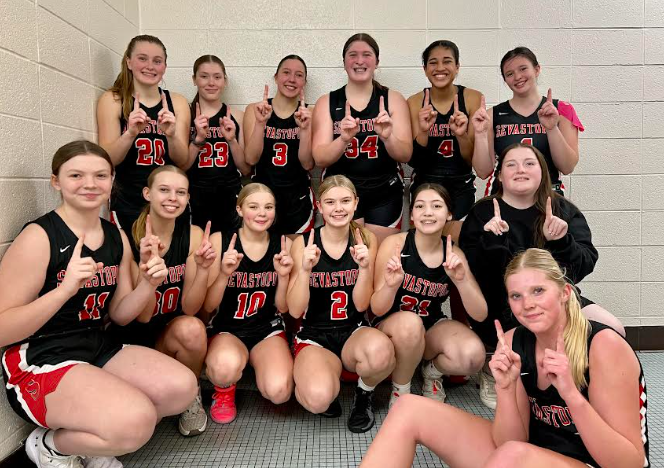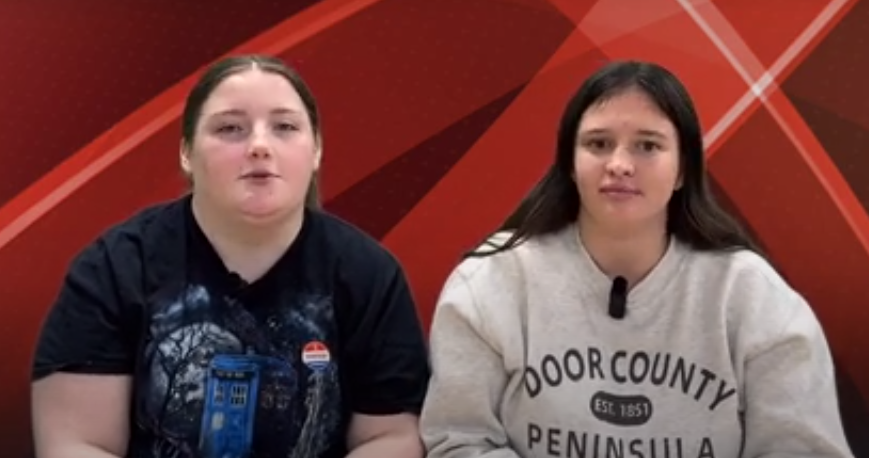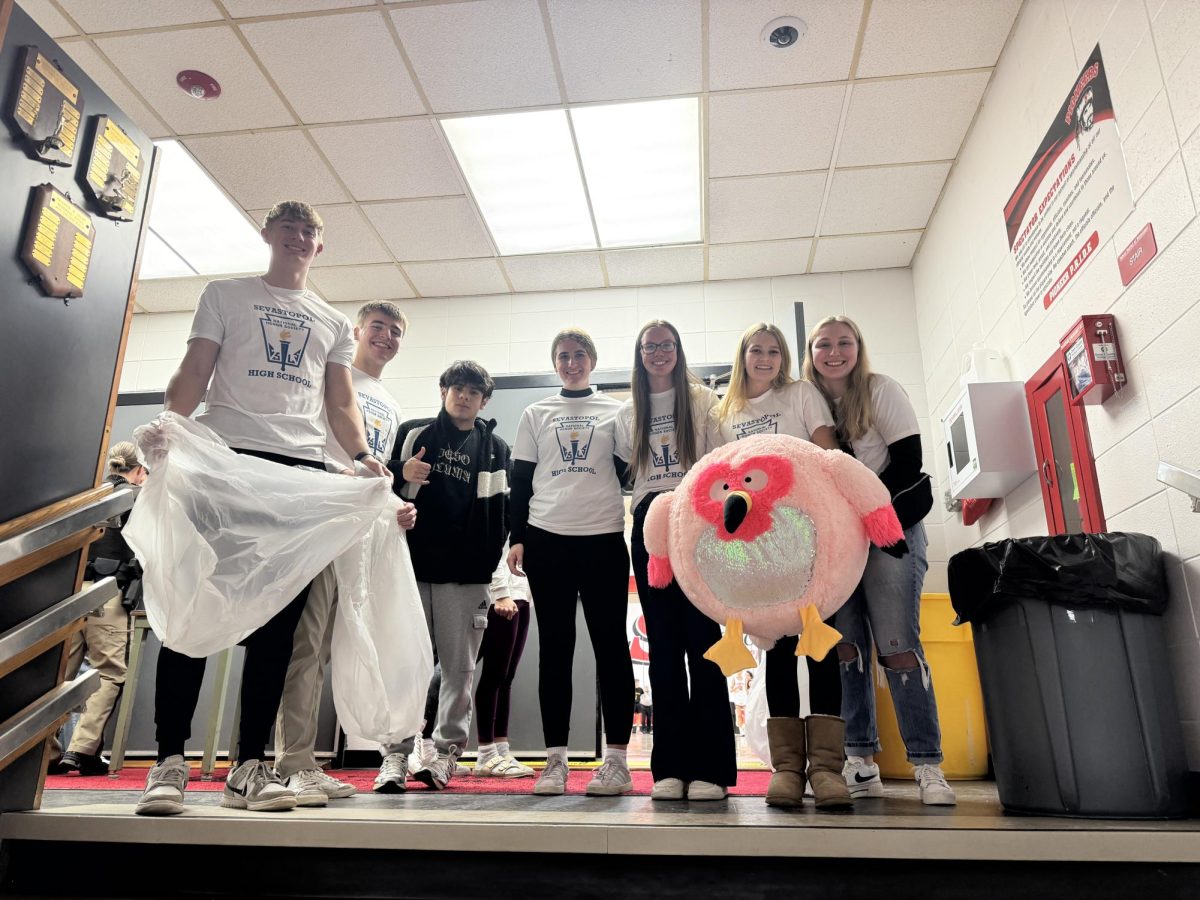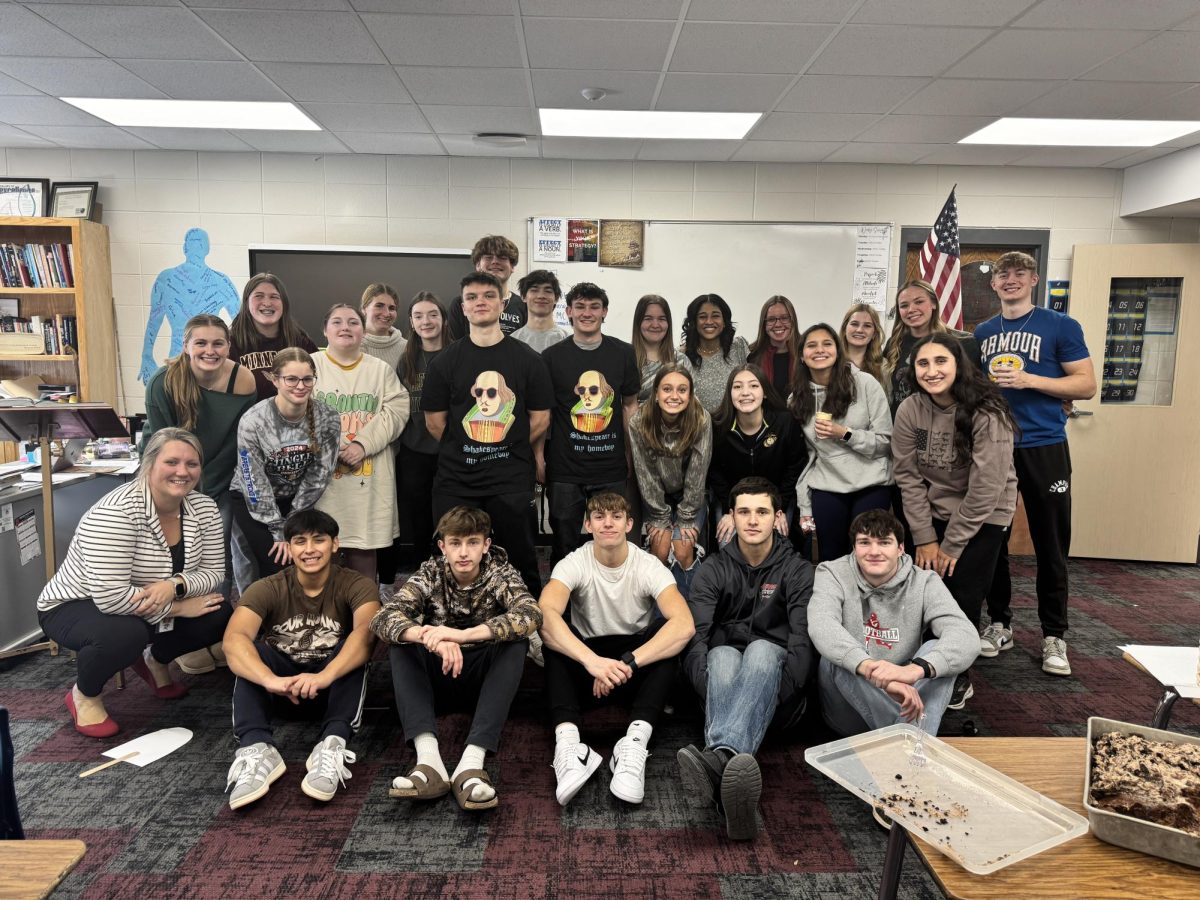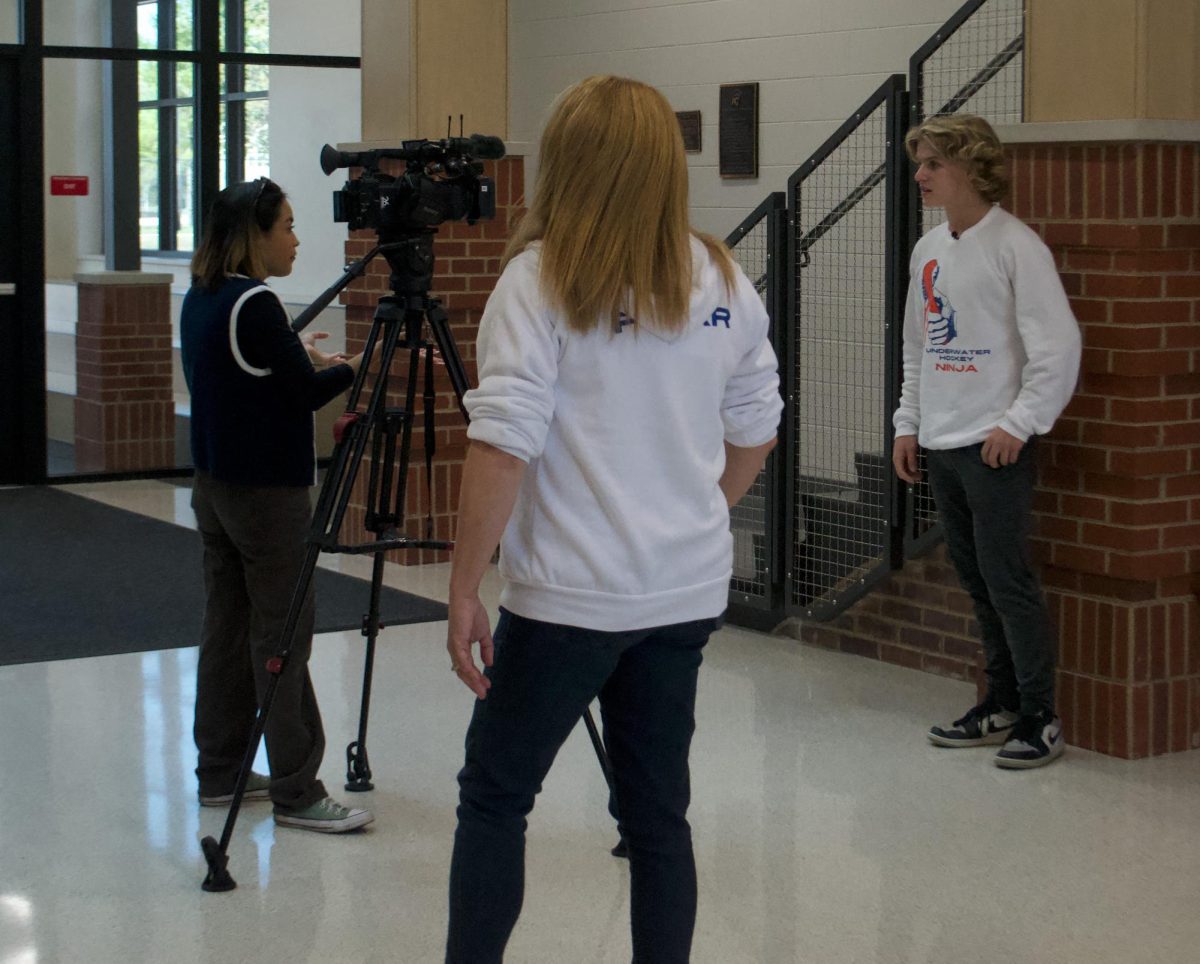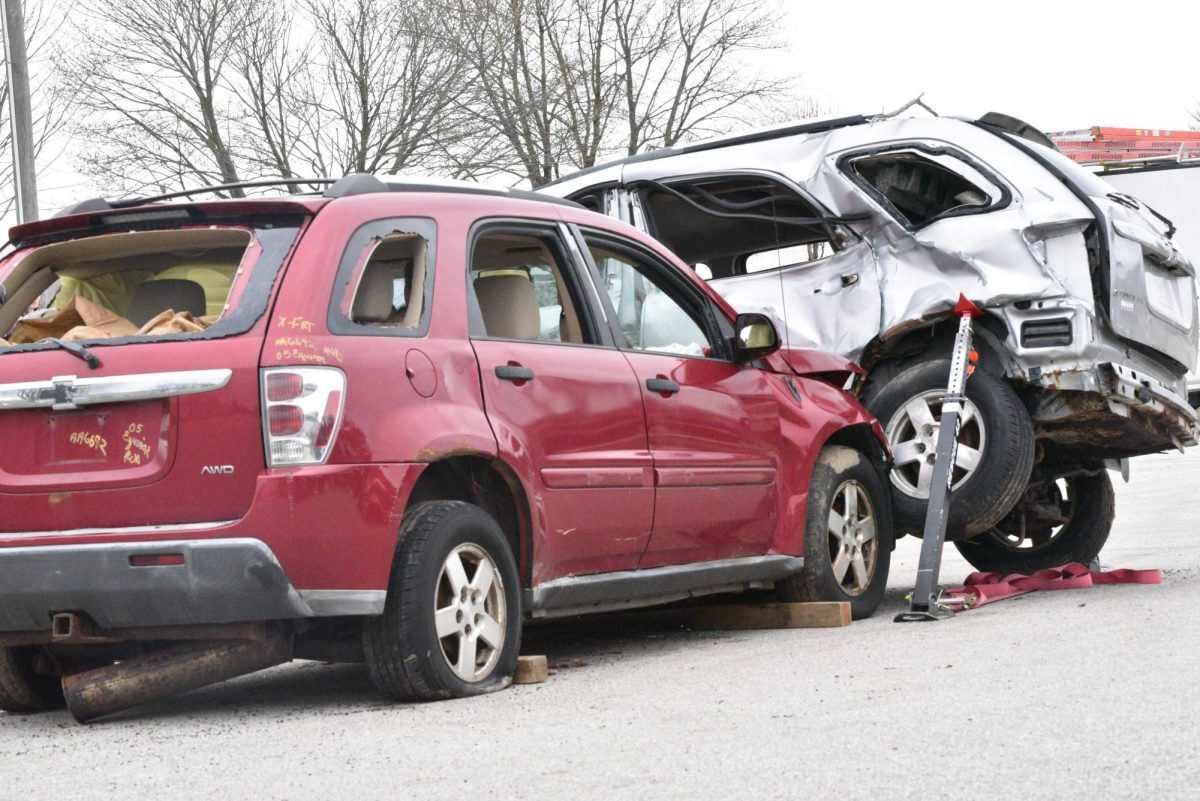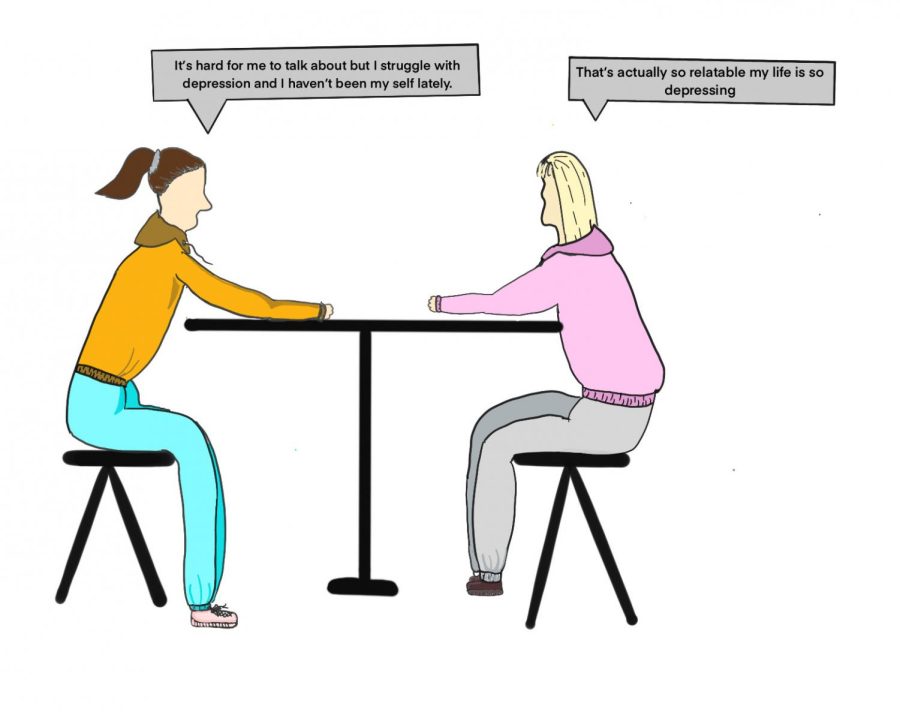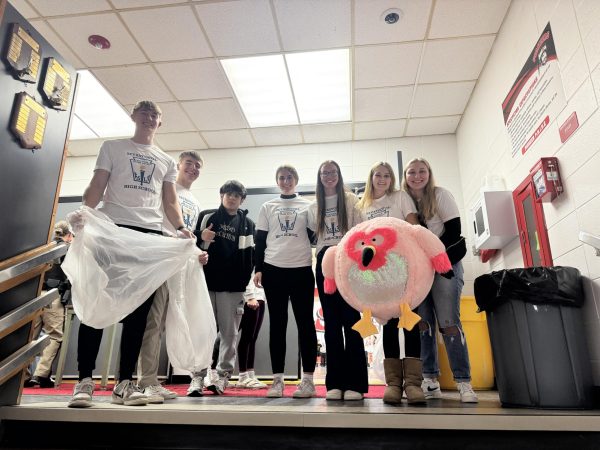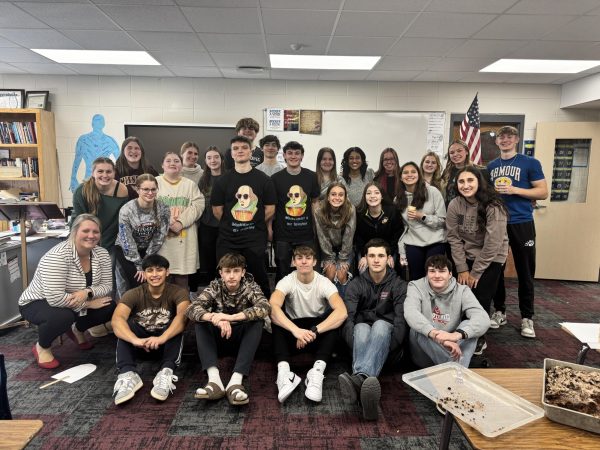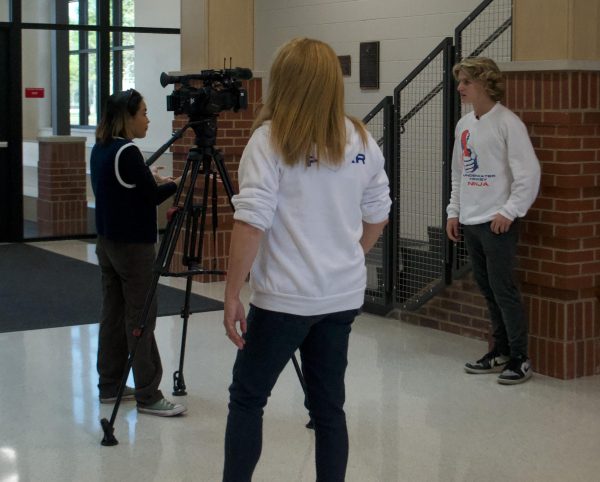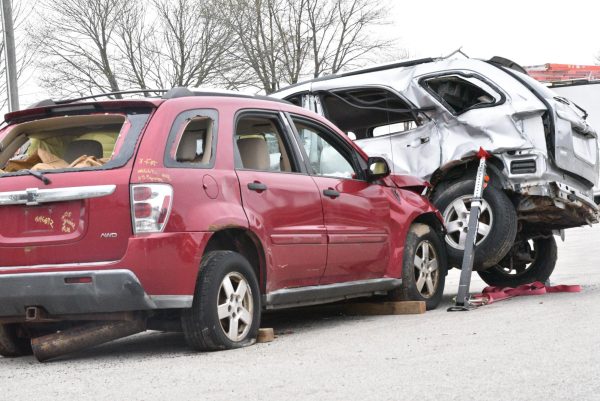Words like depression, anxiety, and suicide sometimes used lightly among students
Decades ago, terms like “depression,” “anxiety,” and “mental health” were only used in medical settings. However, with 21 million adults and 4.1 million kids in the United States experiencing at least one major depressive episode in 2020 (National Institution of Mental Health, 2022), it has now become a recurring conversational topic.
As kids and adults have become more educated on these topics, this language is used frequently and casually in conversations. Although this can be seen as positive, allowing people to feel more comfortable talking about these topics, it comes with its downfalls too. Because issues like depression and anxiety are so normalized, it creates undefined lines of what they mean and how they should be discussed.
At times, people tend to think anxiety is worrying about a presentation you have and depression is just a feeling when you’re sad, but it’s much more complex than that. Most of the time, there is no reasoning behind those feelings. When feelings or emotions get confusing, many people search for something or someone to blame. It’s much easier to say, “I’m just depressed,” than to face new or uncomfortable emotions.
Throwing around phrases like “This makes me want to kill myself” or “I’m literally so depressed” can be misleading or make others think their feelings and diagnoses are invalid. For example, some kids walk around with depressive thoughts every day, and others claim they have depression, but it is normal human emotion.
“You never know how to react when someone says something like this, and sometimes it feels personally directed at me,” a student diagnosed with depression at Sevastopol said, “It’s just frustrating because maybe they are struggling with overwhelming sadness, but most of the time it’s on a much deeper level for those with depression.”
When kids without depression use these phrases, it can cause those with depression to feel that they need to put on a facade that everything is okay because “if she looks happy but says she’s depressed, why don’t I look like that?” This can make kids feel that their emotions are invalid or something is wrong with them.
Another reason to stop using depressive phrases is that it gives off warning signs that might not be true. I know personally that I don’t joke about this topic, so I take any joke or comment seriously. However, we are taught to watch out and be prepared for warning signs of depression or suicidal thoughts. But if students regularly joke about suicide, how are others supposed to know when it’s a joke and when they should really be concerned?
This is especially important with teaching younger kids. When older friends, siblings, or even kids you see in the hallway joke about killing themselves, how are young kids expected to react to those jokes? Do they laugh at them? Do they express concern? Or do they ignore it and think that it’s perfectly fine?
All mental illnesses are important and should not be kept a secret. It’s good that people want to talk about mental illnesses, and it’s refreshing knowing there are so many spaces and people to go to. There is no reason you should ever feel bad for talking about depression or bringing awareness to it. But there is a fine line between bringing awareness and making a joke. It can be hard to break the habit of saying these phrases, especially when some kids don’t exactly know what it all means.
“They can’t put themselves in anyone else’s shoes,” elementary guidance counselor Holly Retzlaff said, “And sometimes I don’t think kids can even grasp the idea of depression or other feelings.”
Think before you say certain things because they affect your outlook and attitude and those around you.
“You’d be surprised by the number of people who have [depressive] thoughts like this. But you can be the one who supports them,” Retzlaff says.
If you or someone you know is struggling with depressive or suicidal thoughts, please call the Suicide and Crisis Lifeline at 988 or reach out to an adult or counselor for help.
Your donation will support the student journalists of Sevastopol High School. Your contribution will allow us to purchase equipment and cover our annual website hosting costs.

As part of the Pioneer Chips staff I work with the other staff members to brainstorm, edit, and write our articles. I find it enjoyable to be able to contribute...


